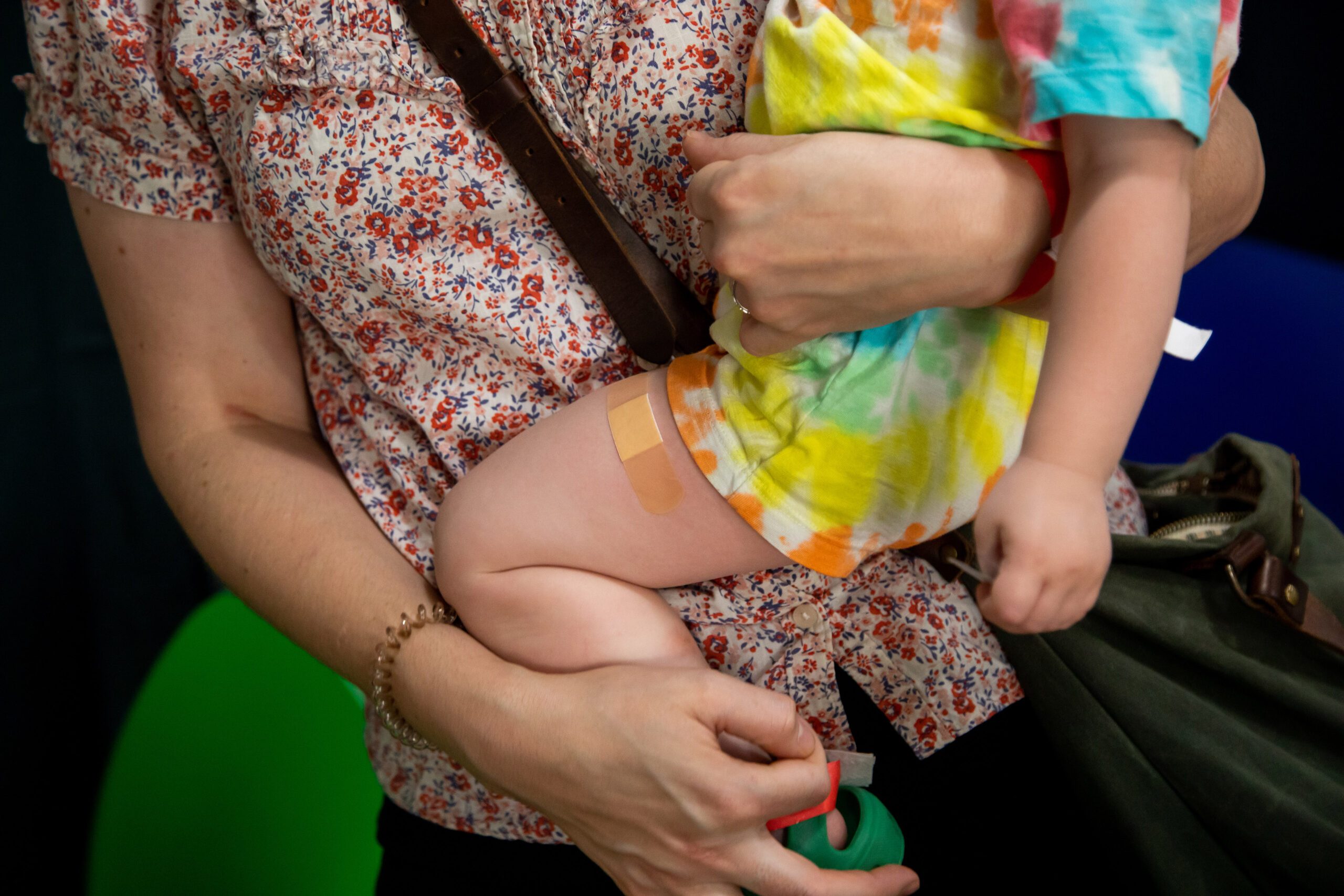There are people who will tell you that some emotions are positive and some emotions are negative. Akshay Nanavati is not one of those people.
“There are no negative emotions,” Akshay says. “All emotions can be used as a source of power and positivity, even anxiety, anger, and guilt.”
Akshay, who is a US Marine veteran, ultrarunner, and the author of Fearvana, developed his theory on emotions after returning from Iraq. One of his duties as a Marine was discovering improvised explosive devices (IEDs) before they could do harm to military personnel. This involved walking in front of military vehicles and scanning the ground for signs of IEDs.
Akshay survived his mission despite once rolling over an IED that failed to detonate. But he lost friends during the war. Returning home after military duty, Akshay wrestled with survivor’s guilt, a symptom of Post Traumatic Stress Disorder (PTSD) that is common for veterans who survive situations that claim the lives of others.
Those with survivor’s guilt often find themselves fixated on the question of why they survived when others did not. For many, survivor’s guilt leads to feelings of anger, fear, and confusion. Victims of the disorder can feel helpless, disconnected, and suicidal. They obsess over the event that claimed others’ lives and wonder what they could have done to save them.
At first, Akshay’s guilt led him to depression, addiction, and suicidal thoughts.
“I struggled with feeling like I hadn’t suffered enough to earn my place on the planet,” he explains.
But he refuses to give in. He turned to the study of neuroscience, psychology, and spirituality and developed a new approach to struggle that he dubbed “Fearvana.”
As explained in Akshay’s book, Fearvana is the “revolutionary science of how to turn fear into health, wealth, and happiness.” He found it gave him the power to overcome his guilt. Rather than staying focused on those whom we could no longer help, Akshay chose to focus on those who were still here. Rather than be overcome by his guilt, Akshay chose to accept it, normalize it, and integrate it into his life.
“For a long time, I put a picture of my friend that I lost in the war up on my wall,” explains Akshay. “I had written on the picture: ‘This should have been you. Earn this life.’ My guilt became my ally and my fuel for doing the work I do, helping others, and using my life in service of my human family.”
Transforming guilt from an enemy to an ally was a turning point for Akshay. He discovered how to see guilt as an expression of love; it sprang from the love that he had for his fellow Marines. And he used it to fuel a mission that showed his love for his fellow man.
Providing humanitarian aid to post-war Liberia is just one way that Akshay is earning the life that he has been given. Drawing upon his love for ultrarunning, he ran 167 miles across Liberia, doing humanitarian work along the way and raising funds for building a school.
For those wrestling with survivor guilt, it is important to accept that the feelings it can bring may never subside. The key is learning to work with those feelings in a positive way.
“The single most important skill to achieve anything you desire is to develop a positive relationship to suffering,” Akshay explains. “The fear brought on by guilt is not irrational. There are no irrational fears. All fears have their purpose. It’s up to us to decide what we do with them.”
—
Shutterstock
The post How Veterans Can Come to Terms With Survivor’s Guilt appeared first on The Good Men Project.
Original Article










